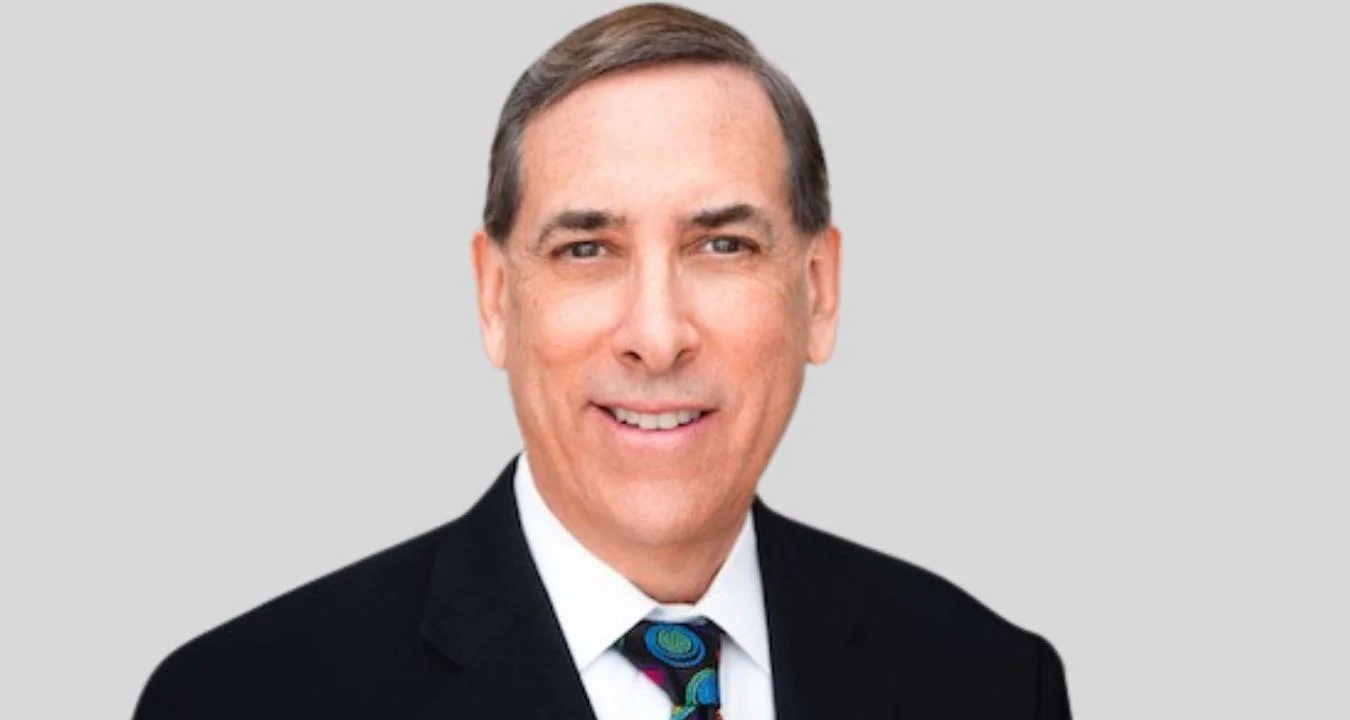Gabapentin, a medication originally developed for seizures and nerve pain, is sometimes used off-label to treat anxiety. However, its effectiveness varies among individuals, and some may seek alternatives due to side effects or lack of results.
Several alternative medications are available for managing anxiety. Selective serotonin reuptake inhibitors (SSRIs) such as Lexapro, Zoloft, and Prozac are often considered the primary treatment for various anxiety disorders. SSRIs work by increasing serotonin levels in the brain, which can help regulate mood and reduce both mental and physical symptoms of anxiety.
Serotonin-norepinephrine reuptake inhibitors (SNRIs), including Effexor XR and Cymbalta, offer another option. These medications increase both serotonin and norepinephrine levels in the brain, which may benefit those experiencing issues with mood or energy alongside anxiety.
Buspirone is another medication shown to be effective specifically for generalized anxiety disorder (GAD). It works on both serotonin and dopamine receptors but does not typically cause drowsiness or cognitive impairment.
Hydroxyzine, an antihistamine prescribed for short-term use, can help manage situational anxiety or insomnia by affecting histamine and serotonin levels in the brain.
Beta-blockers like propranolol are sometimes used off-label to address performance-related or situational anxiety by blocking adrenaline’s effects on the body. They are typically taken as needed rather than long-term.
Benzodiazepines such as Xanax and Ativan provide fast-acting relief from severe symptoms like panic attacks but carry risks of dependence if used over extended periods. As noted by Talkspace therapist Dr. Dion Metzger, MD: “Benzodiazepines are only to be used temporarily and in severe cases of anxiety. This is because the medication can become addictive if taken daily. This is the reason it is not an effective treatment for long-term anxiety. Benzodiazepines are considered stronger than the non-habit-forming alternatives (propranolol and hydroxyzine). The stronger potency of benzodiazepines comes at the risk of becoming dependent on the medications if used long-term.”
In addition to prescription drugs, natural alternatives exist for those seeking non-pharmaceutical options. Cognitive behavioral therapy (CBT) focuses on changing unhelpful thought patterns associated with anxiety and is regarded as a first-line approach by many clinicians.
Mindfulness-based stress reduction (MBSR) incorporates meditation techniques aimed at helping individuals manage stress more effectively through mindfulness practices.
Lifestyle changes—such as regular exercise, adequate sleep, and healthy nutrition—can also play a role in reducing symptoms of anxiety.
Some people turn to herbal remedies like lavender or L-theanine; however, these should be approached cautiously due to potential interactions with other medications. Dr. Dion Metzger cautions: “Many herbal supplements contain ingredients that can potentially interfere with the medications you are already taking. As these supplements are not FDA approved, there is more risk for side effects and drug interactions from the unknown ingredients.”
Consulting with a healthcare provider remains important when exploring new treatments for anxiety. Providers consider individual health histories before recommending changes in medication or alternative therapies.
Talkspace offers access to licensed psychiatric providers who assist patients in managing their current prescriptions or finding suitable alternatives based on individual needs.


